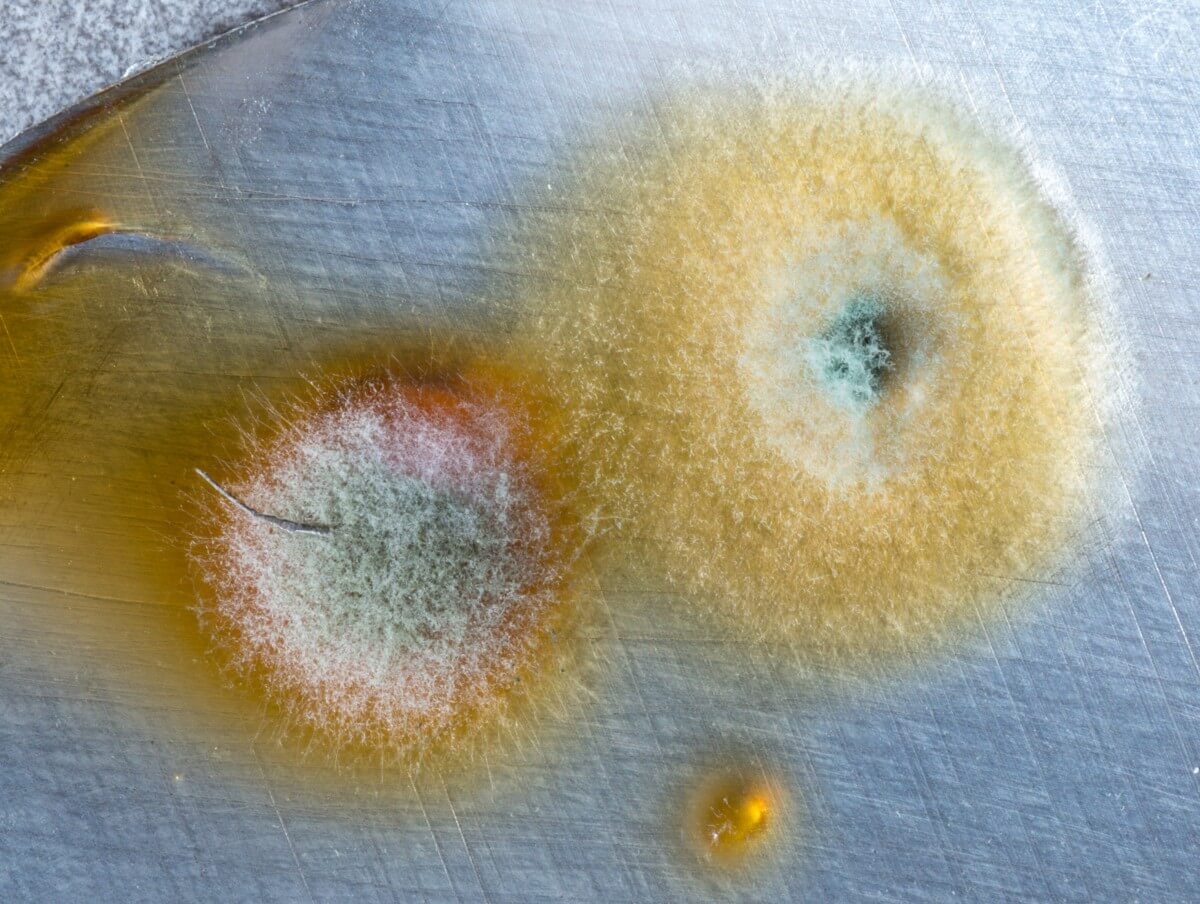
Mold Allergies – Symptoms and Treatment
If you’ve been feeling itchy, coughing, and had a runny nose for quite some time and just can’t seem to kick it. You may not have what you believed to be just the common cold; instead, it may be an allergy to mold.
Mold allergies, although relatively common, are not something to ignore. What started as a simple allergic reaction can become much more serious if not adequately managed.
What Are Some Symptoms of Mold Allergies?
Mold allergies can present themselves in various ways. Therefore, it’s essential to know and understand the symptoms of a mold allergy so you can be sure that that is what you are experiencing.
The most common symptoms of a mold allergy include:
- Itchy skin
- Dry throat
- Sneezing
- Coughing
- Watery eyes
- Runny or stuffy nose
A person’s body’s reaction to the mold allergen will vary from person to person, and some may experience them slightly while others have more severe reactions. It’s important to take note of your symptoms and see a doctor immediately if they continue to get worse.
Possible Complications From a Mold Allergy
Suppose you are experiencing symptoms of a mold allergy. In that case, you must diagnose this as the culprit behind your symptoms and then move forward with treatment immediately to avoid further, more severe complications.
Some possible complications of a mold allergy include mold-induced asthma, allergic fungal sinusitis, and allergic bronchopulmonary aspergillosis.
Mold-Induced Asthma
Mold-induced asthma is when the spores from the allergen, mold, are breathed into the lungs and thus create an asthmatic reaction. The lungs begin to get irritated, which then triggers an asthma attack. Asthma attacks are severe and should never be taken lightly. Be sure to have an emergency plan (inhaler or medication) in the case of a mold-induced asthma attack.
Allergic Fungal Sinusitis
Another condition that may arise from an untreated mold allergy is allergic fungal sinusitis. This is a condition that occurs when the sinuses become inflamed. This inflammation happens due to the exposure of the sinus cavity to the fungus. Allergic fungal sinusitis is a highly uncomfortable condition that causes pain and swelling in the head, neck, and throat area.
Allergic Bronchopulmonary Aspergillosis
Allergic bronchopulmonary aspergillosis is a fungal lung infection commonly seen in asthma or cystic fibrosis patients. An untreated allergy to mold could lead to this condition and should be monitored if symptoms persist.
What Are Some Treatments for a Mold Allergy?
Although a mold allergy is something that could cause you some discomfort and pain for some time, the good news is that there are treatments available for mold allergies.
The best way to treat any type of allergy is by avoiding the allergen altogether. Since mold is present almost everywhere in our environment, it may be impossible to do that, but limiting your exposure and ensuring your home is free from it is one important first step.
Other more formal treatments include nasal corticosteroids, antihistamines, and oral decongestants.
Nasal corticosteroids target the nasal cavity and reduce pain and swelling in the nasal tissues to reduce the amount of nasal drip and mucus build-up.
Antihistamines work by suppressing the body’s natural reaction to become inflamed and irritated during the initial allergic reaction. They block the chemical histamine, which allows your body to react normally to the mold allergen rather than swelling up and causing pain.
Oral decongestants, such as Sudafed or Drixoral Cold and Allergy, help break up the mucus in the oral cavity and allow your body to expel the mucus naturally. However, be cautious when taking these types of medication as they can cause high blood pressure and be dangerous for people diagnosed with hypertension.
How To Diagnose and Treat a Mold Allergy
If you are experiencing these symptoms and feel you may be allergic to mold, the next step is to diagnose and treat it. Immunotherapy is one way you can combat a mold allergy, and to be sure the diagnosis is correct, you can also participate in skin testing procedures to pinpoint the allergen causing your reaction.
Next Steps
If you are interested in talking to an allergy specialist about a possible mold allergy and potential treatment plans, we are here to help. Dr. Reshamwala will be happy to see you and discuss your needs and answer any questions you have about diagnosis and treatment.
Call our office today at 512-382-1933, email clinic@frontierallergist.com or schedule an appointment and find out how to minimize your Timothy grass allergy symptoms and enjoy the outdoors again.

Written/Reviewed by: Dr. Neha Reshamwala
NPI number: 1780874578
Page last reviewed: 01/25/2023


 All blog posts
All blog posts





